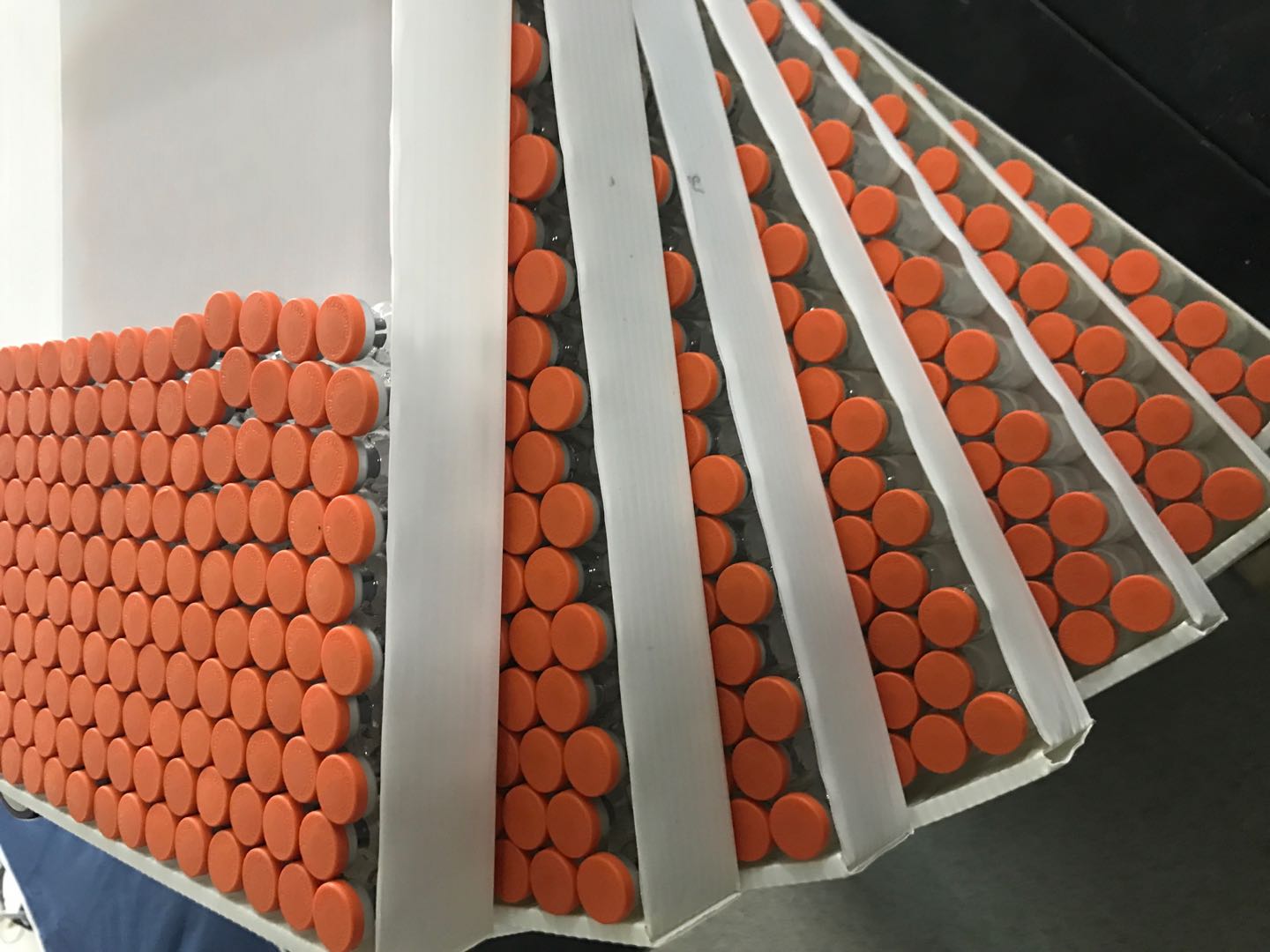HGH stands for Human Growth Hormone. It is a hormone that is naturally produced by the pituitary gland in the human body. HGH is essential for growth and development in children and adolescents, and it also plays a role in regulating body composition, metabolism, and other physiological functions in adults. In some cases, synthetic HGH is used as a medication to treat specific medical conditions. Additionally, some athletes illegally use HGH to enhance their performance.
Health Benefits
Somatropin has several potential health benefits, including:
Growth Hormone Deficiency: Somatropin is used to treat individuals who have abnormally low levels of growth hormone, which can lead to stunted growth and other developmental problems.
Turner Syndrome: Somatropin is used to treat girls with Turner syndrome, a genetic disorder that affects growth and sexual development.
Prader-Willi Syndrome: Somatropin is used to treat individuals with Prader-Willi syndrome, a rare genetic disorder that causes excessive hunger, obesity, and other developmental problems.
Chronic Kidney Disease: Somatropin is used to treat children with chronic kidney disease who are at risk of short stature.
Short Bowel Syndrome: Somatropin is used to treat individuals with short bowel syndrome, a condition where the small intestine is unable to absorb enough nutrients from food.
Idiopathic Short Stature: Somatropin is used to treat children who are significantly shorter than their peers for no apparent reason.

Positive Effects:
Increased Muscle Mass: Somatropin can stimulate the growth of lean muscle mass, which can improve physical performance and appearance.
Improved Bone Density: Somatropin can increase bone density, which can reduce the risk of fractures and osteoporosis.
Improved Metabolism: Somatropin can increase the body's metabolism, which can lead to weight loss and improved energy levels.

Safety
Somatropin is generally safe when used as directed by a healthcare professional. However, there are some potential risks associated with its use, including:
Allergic Reactions: Some individuals may be allergic to somatropin and experience symptoms such as rash, hives, or difficulty breathing.
Infections: Somatropin is typically administered via injection, which can increase the risk of infections if proper sterile techniques are not followed.
Tumor Growth: Somatropin can stimulate the growth of tumors in individuals who have a history of cancer.

Side Effects: Somatropin can have a number of side effects, particularly when used in high doses or for long periods of time. Common side effects include joint pain, swelling, and stiffness. Somatropin can also cause carpal tunnel syndrome, which can cause numbness and tingling in the hands and fingers. Other side effects include headache, nausea, and vomiting. Somatropin can increase the risk of diabetes, high blood pressure, and heart disease.

Dosing Information: The dosing of Somatropin depends on the condition being treated and the age and weight of the patient. Somatropin is usually given as an injection under the skin or into a muscle. The dose may need to be adjusted over time based on the patient's response to treatment. It is important to follow the dosing instructions provided by the healthcare provider.

Conclusion: Somatropin is a peptide hormone that stimulates growth, cell reproduction, and regeneration in humans and other animals. It is used in the treatment of growth hormone deficiency, Turner syndrome, chronic kidney disease, and other conditions. Somatropin can improve muscle mass, bone density, and exercise capacity. It can also reduce body fat, improve skin elasticity, and increase energy levels. Somatropin is generally considered safe when used under the supervision of a healthcare provider. However, it can have side effects, particularly when used in high doses or for long periods of time. It is important to follow the dosing instructions provided by the healthcare provider.
Somatropin is created in the lab using recombinant DNA technology. The human growth hormone gene is cloned and inserted into a host organism, such as E. coli or yeast. The somatropin is then produced by the host organism. To achieve the required result, the somatropin is removed from the host organism and purified.
 Description:
Description:
Somatropin is a human growth hormone (hGH) utilized in medical treatments and research. It is a polypeptide hormone with a molecular weight of 22,125 daltons and is composed of 191 amino acids. It is created in the anterior pituitary gland and is in charge of the human body's growth and development. Somatropin is a medication that is used to treat a variety of medical problems, including growth hormone deficit, Turner syndrome, Prader-Willi syndrome, and chronic renal failure. It is also utilized in scientific studies to investigate the impact of human growth hormone on various tissues and organs. The synthesis process, scientific research applications, mechanism of action, biochemical and physiological impacts, benefits and limits for lab studies, and future directions will be discussed in this study.
 Future Prospects :
Future Prospects :
Somatropin's application in scientific research is predicted to increase in the future. Scientists are presently investigating somatropin's impact on aging as well as its possible function in the treatment of numerous disorders. Furthermore, researchers are looking at the ability of somatropin to enhance muscle growth and improve physical performance. Lastly, researchers are investigating the use of somatropin in regenerative medicine as well as its potential application in gene therapy.
Apps for Scientific Research :
Somatropin has a wide range of scientific research uses. It's utilized to research the impact of human growth hormone on various tissues and organs. It's also utilized in research to look at how growth hormone affects metabolism, body composition, and the immune system. Somatropin is also used to research the effects of aging and the impact of growth hormone on the development of certain disorders.
Mechanism of Action :
Somatropin is a peptide hormone that affects the body by attaching to the growth hormone receptor (GHR). This binding sets off a chain of metabolic processes that eventually leads to the activation of the transcription factor STAT5. This causes the expression of different genes involved in the body's growth and development.







